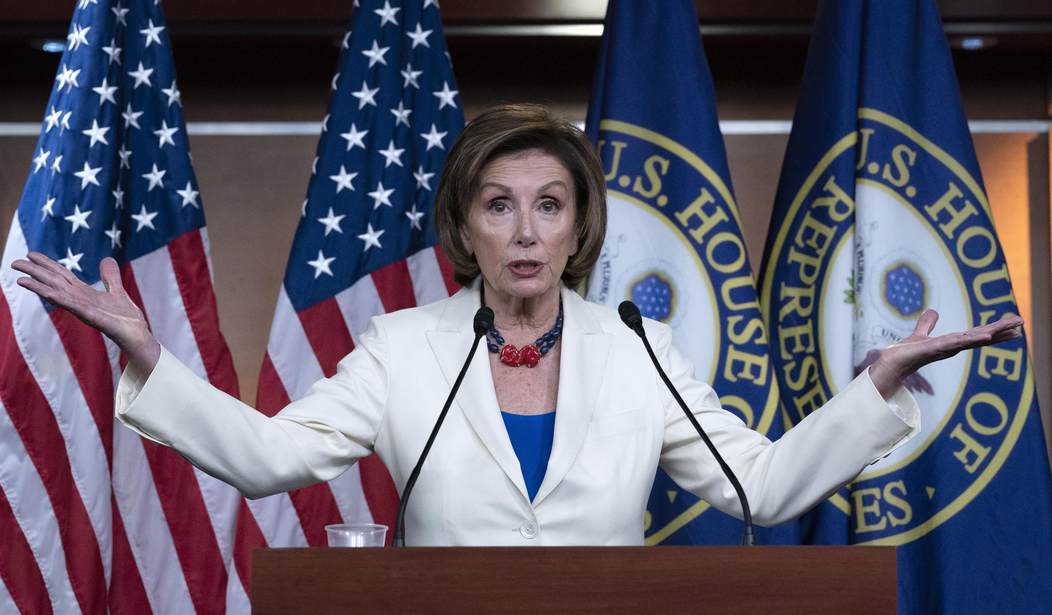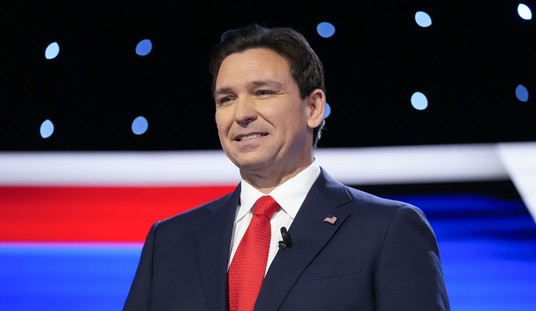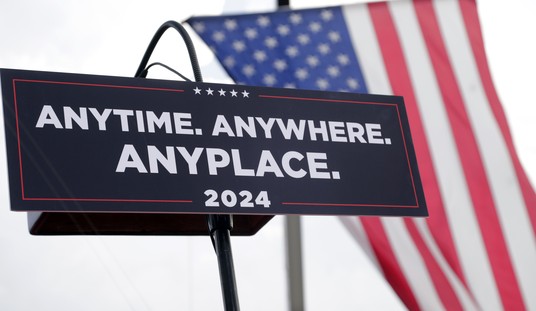Ah, the incentives of accountability. They work so well in a free market, no?
One month ago, the media used the generic-ballot polling market to claim Democrats were making a comeback of sorts. A week or two ago, the narrative shifted to Republicans making limited gains. Now that Election Day is almost upon us, and now that RealClearPolitics has announced its plans to begin keeping score on pollsters and their relative success in predictive outcomes, suddenly RCP’s congressional metric has begun turning more red.
A lot more red, in fact:

Take a look at that gap and the direction the polls have taken — especially now that pollsters are finally reporting on likely-voter models rather than registered voters. Three weeks ago, I argued that pollsters had delayed their LV reporting until suspiciously late in the cycle, and perhaps wanted to avoid what that would show. They certainly had plenty of data on voter enthusiasm well before that point, and yet insisted on sticking with RV reporting until late in September — in some cases, after actual voting had started.
In fact, even this RCP aggregate average still includes an RV result — from Politico/Morning Consult’s 10/7-9 survey. Both Politico and Morning Consult had better hope that its D+4 result isn’t the basis for their score coming out of the midterms at RCP. The only other Democrat lead in this aggregate is from Economist/YouGov i a D+2 among LVs, clearly an outlier from a polling series with a strong Democrat lean anyway.
Don’t just look at the sudden expansion of the gap to 2.2 points from last week’s 0.8, either. Look at the sharp incline of the GOP number in the past week. The current Republican result is up 1.5 points in the average in a single week, and now has hit its highest point since February. Republicans had a four-point lead at that time, about twice the lead now, but Democrats are declining slightly ahead of Election Day too. This spike is helped by GOP-friendly pollsters like Trafalgar (R+5) and Rasmussen (R+7), but also from Harvard-Harris (R+6) and NYT/Siena (R+4), neither of which can be accused of favoring the GOP.
So what does this mean? It portends a significant wave in House races, to be sure. Thanks to the structure of generic ballot polling, Democrats generally need to get to D+4 or D+5 to hold serve in an election. An R+2.2 — if that’s where it stays — suggests a massive set of pickups, at least in a relative sense. Don’t forget that Republicans already have 212 seats in the House, so a 30-seat pickup would give them a blowout majority and put them close to 2010 territory. If this lead widens any further, it may well also point to a wave that could lift marginal GOP candidates for Senate into office as well. That is what happened in 2014, for instance, an outcome that pollsters missed entirely.
Not everyone has caught up with the oh-so-predictable polling shift in the final days of the election cycle. The Hill reports that House Democrats have begun strategizing for the next Nancy Pelosi speakership in January, or something:
Pelosi, 82, had promised to bow out of her leadership spot at the end of this term, and many Democrats expect she’ll follow through, particularly if Republicans flip control of the lower chamber, as is widely expected.
But if Democrats defy the odds and keep their House majority — a feat that would be virtually impossible without Pelosi’s prodigious fundraising — then the calculus might change dramatically. Some lawmakers said Pelosi, at that point, could write her own ticket.
“If she wins, she stays,” said Rep. Ron Kind (D), a retiring Wisconsin moderate who had opposed Pelosi’s Speakership in 2018. “If she doesn’t, I think there will be a serious discussion as far as what succession looks like then.”
A Pelosi bid to remain in power — whatever the election outcome — would surely spark an outcry from certain corners of the caucus, where there’s long been an appetite for newer members to climb into the top tiers of leadership. That sentiment is particularly pronounced among heartland Democrats, one of whom lamented Pelosi’s “toxic” reputation in some blue- collar districts, which Republicans have exploited for years in campaign ads.
This looks like a serious strategy discussion … if you play Fantasy Politics. A number of Democrat incumbents may be left with that as their only option after November 8, and Pelosi may be one of them in the end.








Join the conversation as a VIP Member